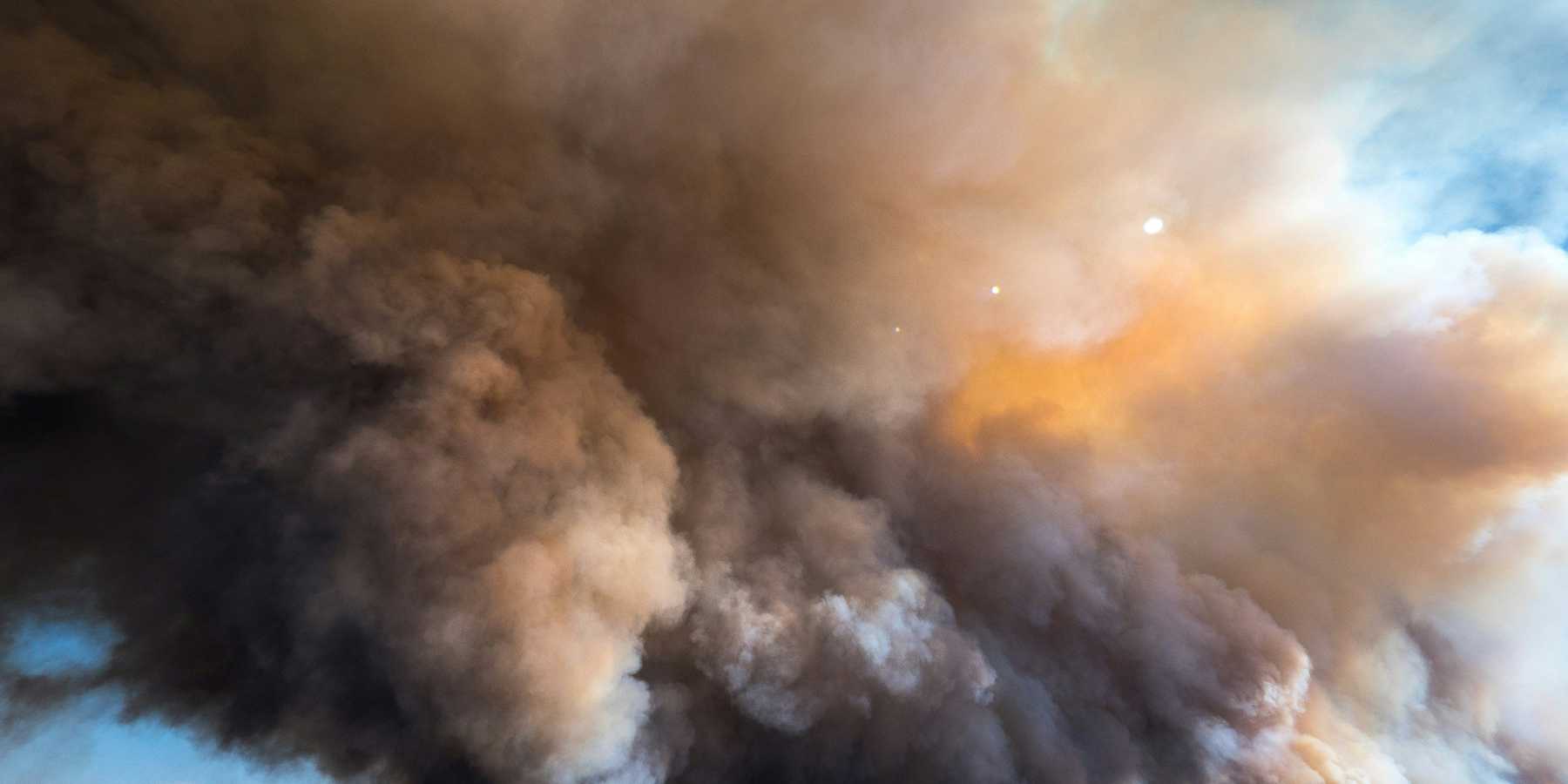
As wildfire smoke spreads across the U.S., Republicans pressure Canada but sidestep climate concerns
Republicans criticize Canada over wildfire smoke affecting American air quality for a third straight summer, while avoiding any acknowledgment of climate change’s role in worsening the crisis.
Tammy Webber reports for The Associated Press.
In short:
- GOP lawmakers from several northern U.S. states are blaming Canada for wildfire smoke but have avoided addressing climate change as a factor, despite scientists linking the fires to warming-driven drought and heat.
- Canada has already seen one of its worst wildfire seasons on record, with over 700 fires burning — most out of control — and nearly 28,000 square miles scorched so far in 2025.
- President Trump’s administration has weakened federal climate science efforts and repealed key emissions regulations while pushing fossil fuel development and exiting international climate agreements.
Key quote:
“Instead of enjoying family vacations at Michigan’s beautiful lakes and campgrounds, for the third summer in a row, Michiganders are forced to breathe hazardous air as a result of Canada’s failure to prevent and control wildfires.”
— statement issued by GOP congressional delegation from Michigan
Why this matters:
Smoke from wildfires doesn’t respect borders. As climate change intensifies droughts and heat waves, forests from British Columbia to California are drying out and catching fire more easily and more often. The resulting smoke carries fine particulate pollution known to aggravate asthma, heart disease, and other health problems — especially for children, the elderly, and people with preexisting conditions. Without action to curb emissions that drive warming, wildfires are expected to increase in both frequency and scale, threatening air quality, ecosystems, and public health across North America. Continued political denial or delay on climate policy only increases the risks faced by communities far from the flames.
Read more: Wildfire smoke poses growing health threats as politics delay response













